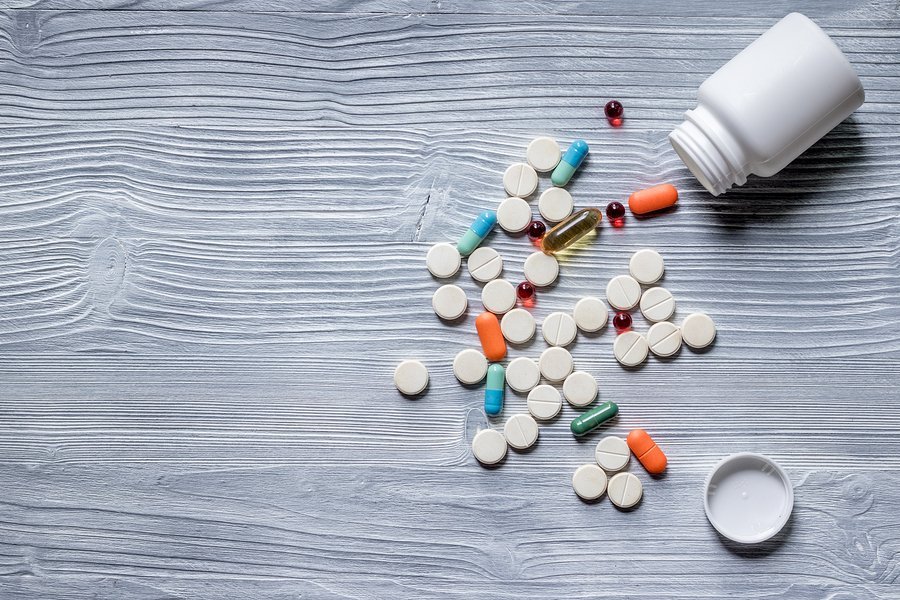Everything we ingest — including herbs and vitamins — leads to a reaction within the body. To protect against potentially dangerous problems during dental treatments, it’s important for your dentist to know about your entire medical history, including every herbal supplement and conventional medication you might be taking.
Here are a few examples of what could go wrong if you keep this information to yourself.
Excessive bleeding
Even seemingly harmless vitamin and herbal supplements can have serious side effects for some dental patients. For instance, Vitamin E and Ginkgo biloba can be dangerous when taken with over-the-counter aspirin, because they all thin the blood. If the blood doesn’t clot well during a dental procedure, a patient could experience uncontrolled bleeding. This can lead to upsetting problems during even the most routine treatments. When a patient is undergoing oral surgery, however, the consequences could be deadly.
Anesthesia
Excessive bleeding isn’t the only way medication and supplements can increase a patient’s risk of complications during surgery. Certain combinations of herbs and drugs can actually weaken the efficiency of anesthesia. Vitamin C, which is often taken in high doses by cancer patients, can also weaken the effects of anesthesia. On the other hand, calming supplements, such as St. John’s Wort and Kava, can actually strengthen the effects of anesthesia.
Liver failure
A variety of medications and supplements can put extra stress on the liver. This includes everything from herbs to RX drugs to over-the-counter acetaminophen. It’s important that your dentist knows about any potential problematic medications in case he or she needs to prescribe narcotic pain relievers which contain high doses of acetaminophen.
Toxicity
Certain drug combinations can become toxic when combined together. For instance, nonsteroidal anti-inflammatory drugs (NSAIDs) can inhibit the renal excretion of lithium, resulting in lithium toxicity. There are a variety of other potentially toxic drug and herbal interactions, so be sure to alert your dentist about anything you might be taking.
Tooth decay
Certain medications can cause dry mouth, which may increase your risk of tooth decay. Other drugs can decrease bone density, which can cause your teeth to loosen in your jaw. If your dentist knows about potentially problematic medications, he or she can help come up with a strategy to help preserve your oral health.
What You Can Do
To avoid unexpected complications during and after dental treatments, always tell your dentist about every herbal supplement and conventional medication you might be taking. If your dentist believes they may interfere with treatment or increase the risk of complications, he or she may ask you to stop taking the medication until the treatment is finished.



 Previous Article
Previous Article